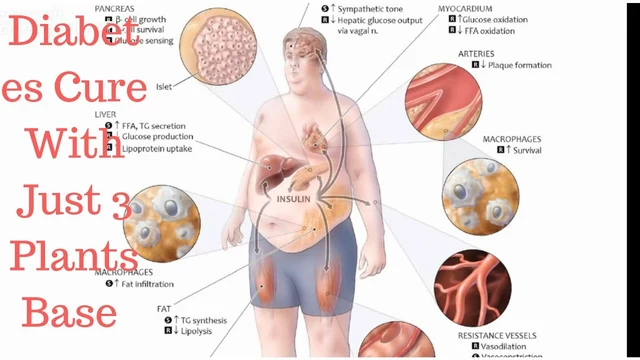Living with HIV: Real‑World Tips to Stay Healthy and Positive
If you or someone you know is living with HIV, the daily grind can feel overwhelming. The good news is that a lot of the worries you have can be tackled with clear, simple steps. Below you’ll find easy‑to‑follow advice on meds, nutrition, mental health, and things that make life smoother.
First off, don’t let the word “HIV” define you. It’s a condition, not a label that limits what you can do. Staying informed, staying consistent with treatment, and keeping an open line with your care team are the three pillars that keep everything balanced.
Managing Medications and Side Effects
Antiretroviral therapy (ART) is the backbone of HIV care. Take it exactly as prescribed—same time, same place. Missing doses can let the virus bounce back, and that’s why setting an alarm or using a pill box helps a lot.
Side effects vary, but the most common are nausea, headache, and mild fatigue. If you feel sick after a dose, try taking your pill with food or a glass of water. Keep a note of what triggers the worst reactions and share it with your doctor; they can often swap to a different regimen that feels better.
Don’t ignore drug interactions. Over‑the‑counter meds, herbal supplements, and even certain foods can mess with ART. A quick chat with your pharmacist can save you from surprise problems later.
Regular lab tests are non‑negotiable. Viral load and CD4 counts tell you whether the treatment is working. When results are good, it’s a sign you’re on the right track; if they slip, your doctor will adjust the plan fast.
Lifestyle, Nutrition, and Mental Well‑being
Eating a balanced diet gives your immune system extra backup. Focus on fresh veggies, lean proteins, whole grains, and healthy fats. You don’t need a fancy plan—just aim for color on your plate and limit processed junk.
Staying active is just as crucial. Even a 30‑minute walk three times a week boosts mood and keeps your heart strong. If you’re new to exercise, start slow and build up; consistency beats intensity for long‑term health.
Stress can weaken your immune response, so find ways to unwind. Whether it’s listening to music, meditating, or chatting with a friend, make time for activities that calm you.
HIV can bring up anxiety or depression, and that’s normal. Talk therapy, support groups, or a quick call to a mental‑health professional can make a big difference. You’re not alone—online forums and local meet‑ups connect you with people who get it.
Sleep matters too. Aim for 7‑9 hours a night, keep the bedroom dark, and avoid screens before bed. Good rest helps your body fight infection and improves how you feel each day.
Finally, protect yourself and others. Use condoms, get regular STI screenings, and discuss any new health concerns with your doctor right away. Prevention is a team effort.
Living with HIV is a journey, not a destination. By mastering your meds, eating well, staying active, and looking after your mind, you create a solid foundation for a healthy, fulfilling life. Keep these tips handy, revisit them often, and remember that every small step adds up to big progress.

Explore how HIV support groups improve emotional wellbeing, treatment adherence, and quality of life for people living with HIV, with practical tips on finding the right group.
Chris Gore Sep 22, 2025




